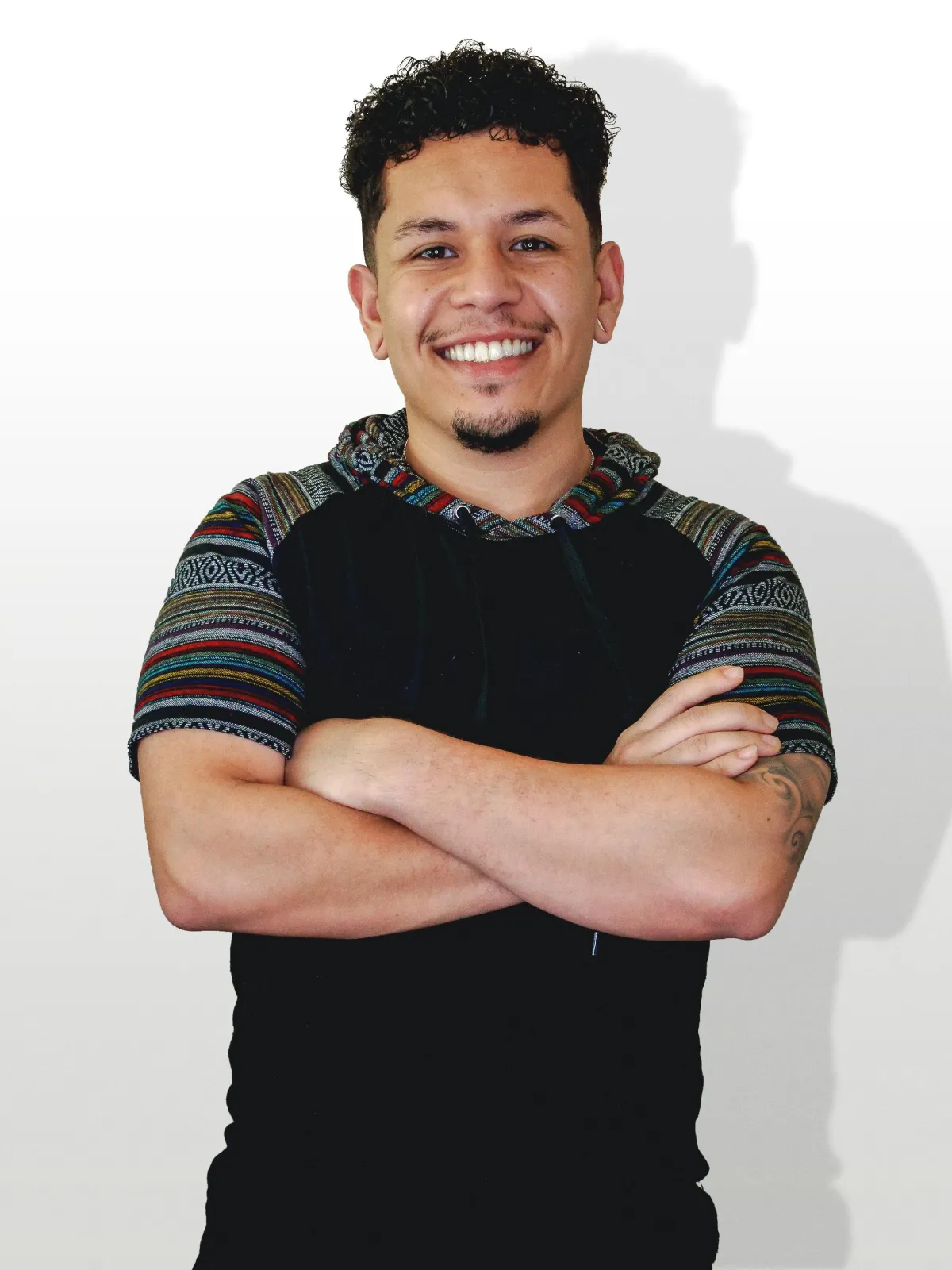
Special Guest Expert - Nate De La Hoya-Reynoso

Nate De La Hoya-Reynoso
I Believe that my purpose is to use my knowledge creativity and humor to uplift inspire and educate others. In my journey of self mastery I hope to help others along the way.
Connect with Nate:
Please Share This With Your Followers
